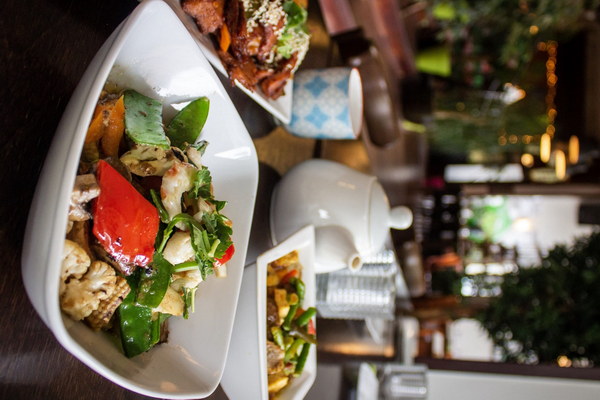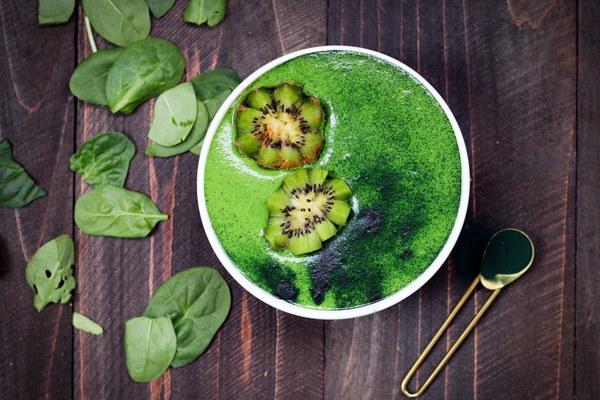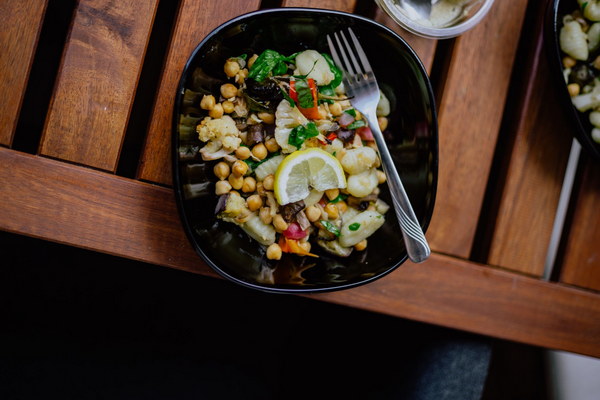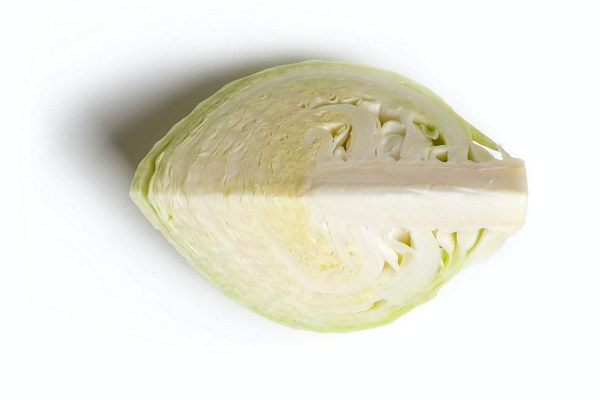Unveiling the Taoist Path to Wellness A Journey to Holistic Health and Vitality
In the ancient wisdom of Taoism, the pursuit of health and vitality is not merely a physical endeavor, but a holistic journey that encompasses the mind, body, and spirit. This article delves into the core principles of Taoist health and wellness, offering practical guidance to those seeking to enhance their well-being through the timeless teachings of this profound philosophy.
The Taoist Philosophy of Health
At the heart of Taoist health is the concept of harmony, which is achieved by aligning one's life with the natural flow of the universe, or Tao. This principle is reflected in the Tao Te Ching, the foundational text of Taoism, which emphasizes the importance of balance and simplicity in all aspects of life.
1. The Yin and Yang
One of the most fundamental aspects of Taoist philosophy is the concept of Yin and Yang, the complementary forces that exist in all things. In the context of health, this means recognizing that balance is key to maintaining well-being. Too much of one element (such as activity) can lead to an imbalance, while too little can also cause problems. By cultivating a balance between activity and rest, yin and yang, one can achieve a state of harmony that promotes health and vitality.
2. The Importance of Qi
Qi, or vital energy, is a central concept in Taoist health. It is believed that the quality and flow of Qi within the body directly impact one's health and longevity. Practices such as qigong, tai chi, and meditation help to cultivate and maintain a healthy Qi flow, promoting overall well-being.
3. The Power of Nature
Taoists believe that nature is a powerful source of healing and vitality. Spending time in nature, whether it be walking in the forest, meditating by a stream, or simply breathing in the fresh air, can help to ground one's spirit and restore balance.
Practical Taoist Health Practices
1. Qigong and Tai Chi
Qigong and tai chi are ancient practices that focus on cultivating and balancing Qi. Qigong involves slow, deliberate movements, deep breathing, and mental focus, while tai chi combines flowing movements with deep breathing and meditation. Both practices are beneficial for improving flexibility, balance, and mental clarity.
2. Meditation and Mindfulness
Meditation is a cornerstone of Taoist health, as it helps to calm the mind, reduce stress, and promote a sense of inner peace. Mindfulness practices, such as focusing on the present moment and observing thoughts without judgment, can also enhance overall well-being.

3. Diet and Nutrition
A healthy diet is essential to Taoist health. The focus is on eating whole, natural foods that are rich in nutrients and easy to digest. This typically includes a variety of fruits, vegetables, grains, nuts, and seeds, with a minimal intake of meat and processed foods.
4. Rest and Sleep
Adequate rest and sleep are crucial for maintaining health and vitality. Taoists emphasize the importance of relaxation and rejuvenation, suggesting that one should prioritize restful sleep and leisure activities that promote relaxation.
5. Relationships and Social Connections
Building and maintaining strong relationships with others is also important in Taoist health. The interconnectedness of all beings is a central tenet of Taoism, and fostering positive social connections can contribute to one's overall well-being.
Conclusion
The Taoist path to health and vitality is a holistic journey that encourages individuals to embrace the principles of balance, harmony, and simplicity. By incorporating the teachings of Taoism into daily life, one can cultivate a state of well-being that extends beyond the physical realm, touching the depths of the mind and spirit.









